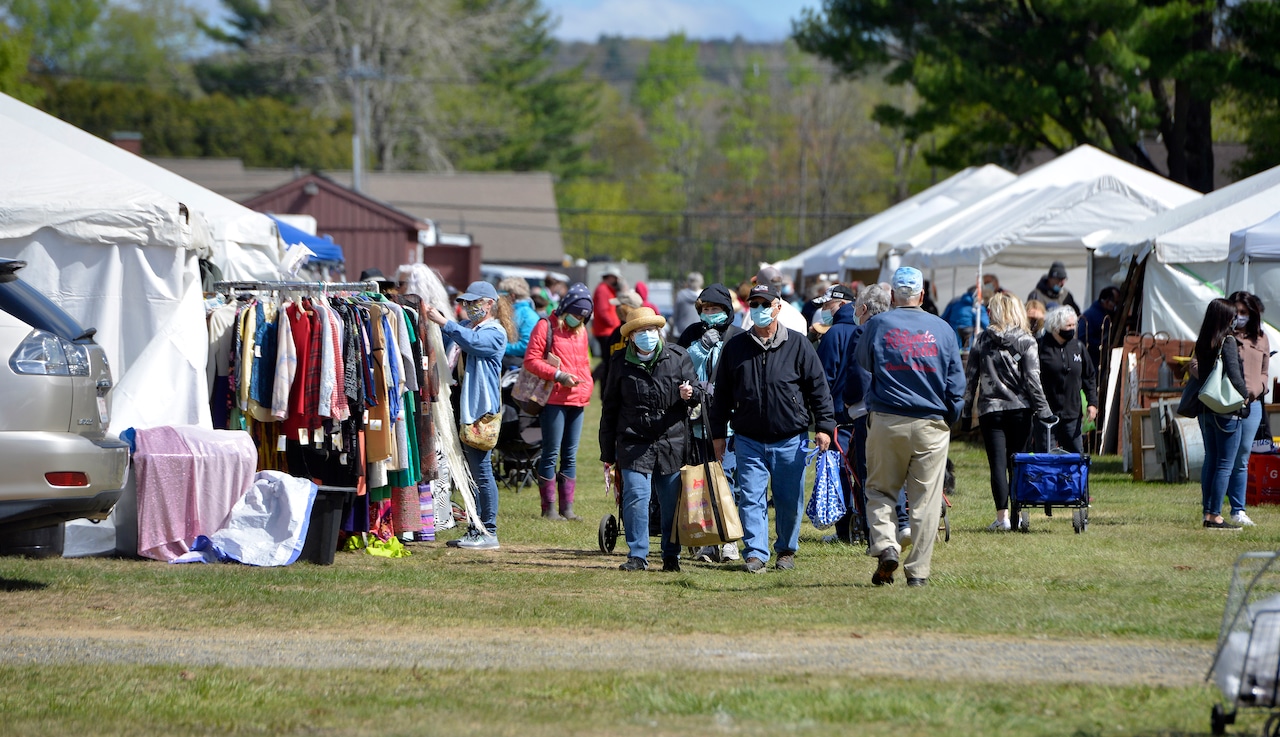
Massachusetts lawmakers will return to session next week to finish up work on a $2.8 billion year-end funding bill that would shore up millions of dollars in funds to support the state’s underresourced emergency shelter system.
After hours of private negotiations that went well beyond Wednesday’s midnight deadline to wrap up legislative business for the year, House and Senate leaders voted to move the budget discussion to a conference committee, and then return in an informal session next Monday at 11 a.m.
“We weren’t close enough to try to see it through tonight. Obviously, over the last couple of years, we’ve had some late nights here, and I think at those points in time, we felt we could really get something done and so we really wanted to see it through,” Aaron Michlewitz, the House’s top budget writer, said in an interview with the State House Service. “But I think at the point where we are at, both us and our Senate counterparts felt it was time to pack it up for tonight and try to see if we can talk tomorrow.”
Michael Rodrigues, the Senate’s top budget writer, said he was “very disappointed” in the outcome, the SHNS reported.
The six-person bicameral committee will consist of three lawmakers from the House: House Ways & Means Committee Chairperson Aaron Michlewitz, the House’s top budget writer and Reps. Ann-Margaret Ferrante, 5th-Essex and Todd M. Smola, R-Hampden. And three other lawmakers from the Senate: Senate Ways & Means Committee Chairperson Michael Rodrigues, the chamber’s top budget writer, and Sens. Cindy F. Friedman, D-4th Middlesex and Patrick M. O’Connor, R-1st Plymouth/Norfolk.
Republicans from both chambers of the Legislature largely have voted against the supplemental bill. The GOP lawmakers oppose the bill’s provision that would allocate $250 million to support the state’s shelter system for the remainder of the fiscal year.
Republicans have expressed concern that the large number of migrants housed in the state’s shelter system has made it harder for the state’s homeless residents to find shelter space too. Continuously funding the shelter system would only further this problem, not solve it, some conservative lawmakers have said.
That argument has been largely criticized by Democrats, some of whom call it a talking point that pits Massachusetts’ homeless population against migrants.
Both O’Connor and Smola have not only voted against their chamber’s budget bills but also have voted in favor of amendments to limit the state’s right-to-shelter law to people who’ve been living in the state for a certain amount of time.
As the hour grew closer to midnight, some rank-and-file lawmakers grew nervous about whether the bill would even pass.
Around 10:45 p.m., Senate Minority Leader Bruce Tarr, R-Essex/Middlesex, asked several times whether a conference committee had been appointed to reconcile the differences between the two chambers and the deadline to get the work done.
“Would the chair restate the provisions of the rules relative to formal sessions?” Tarr asked Sen. William N. Brownsberger, D-Suffolk/Middlesex.
Brownsberger, who serves as the chamber’s president pro tempore, recited Joint Rule 12 A which states that all formal business of the Legislature should be concluded by the third Wednesday of November.
“Thank you, Mr. President,” Tarr replied.
But just as the clock was ticking down, around 11:54 p.m., the Senate voted 7-1 to continue meeting past midnight. But, there wasn’t any movement on the House floor until around 12:45 a.m., when the chamber decided to adjourn.
One of the biggest differences between the House and Senate’s supplemental bills was their approach toward Gov. Maura Healey’s emergency shelter cap.
The Democratic governor sent a $2.15 billion supplemental bill to the Legislature in mid-September. Healey’s budget bill proposed injecting $250 million to help finance the state’s shelter system for the rest of the 2023 fiscal year.
Before either chamber touched the governor’s supplemental, Healey announced in October that she’d be limiting the state’s shelter system to 7,500 families after an influx of migrants in the commonwealth dried up the system’s resources. With the limit in place, the state began to triage unhoused families on a waitlist.
The House’s version of the supplemental bill includes a provision to roll $50 million toward creating an overflow site to shelter unhoused families. The bill’s language states that the overflow site must be launched within 30 days, if not, Healey risks losing her shelter cap until an overflow site is readied.
The lower chamber’s bill was applauded by housing advocates who believed it was a good step forward in protecting homeless families, especially as winter approaches.
But, the Senate didn’t include any language in its supplemental bill requiring the governor to find an overflow site to keep her shelter cap.
Rodrigues, the chamber’s top budget writer, said that he wanted to provide the governor the “flexibility” to respond to the ongoing shelter crisis during last night’s Senate vote. That is why his chamber didn’t break down Healey’s $250 million request into “buckets,” as the House did, Rodrigues explained on Tuesday.





